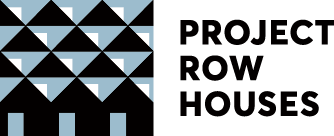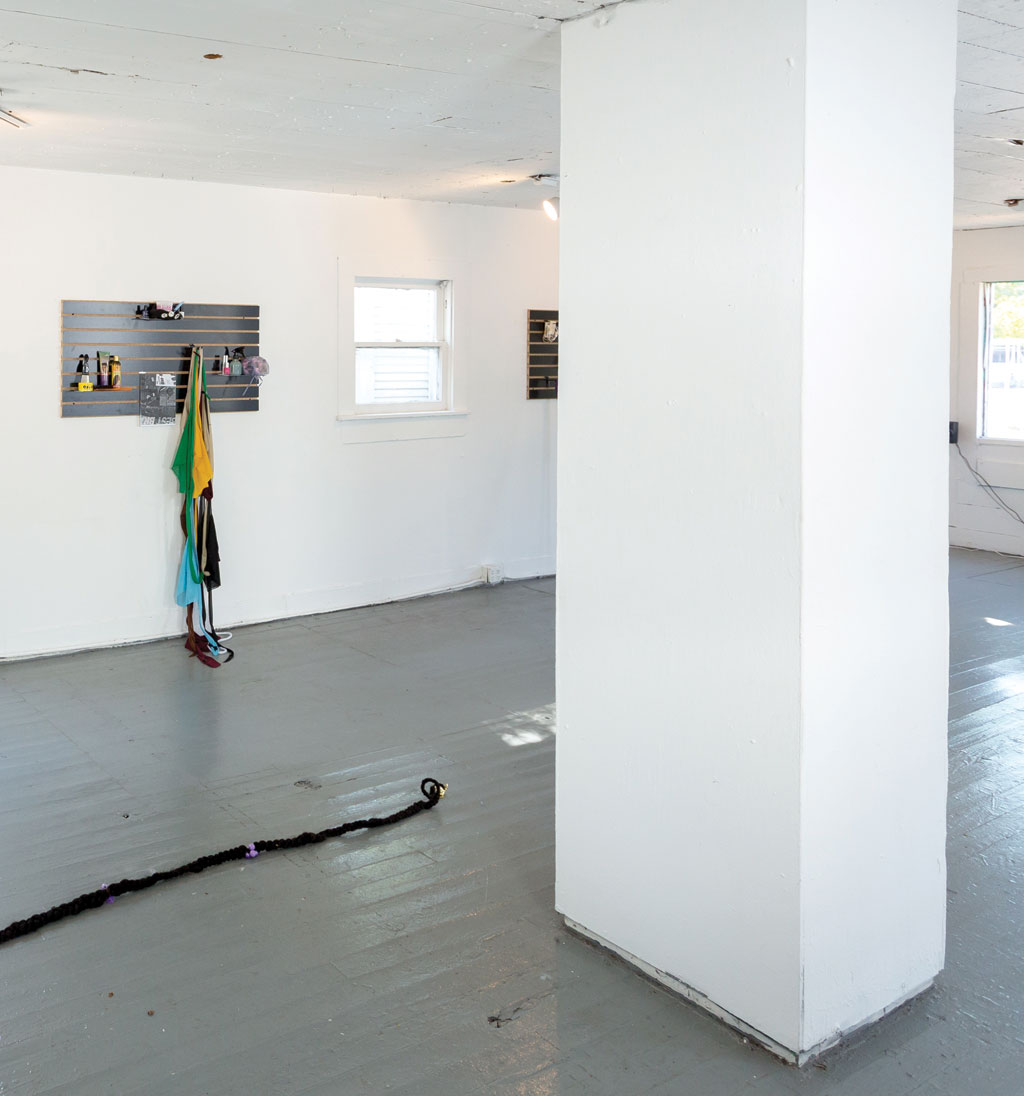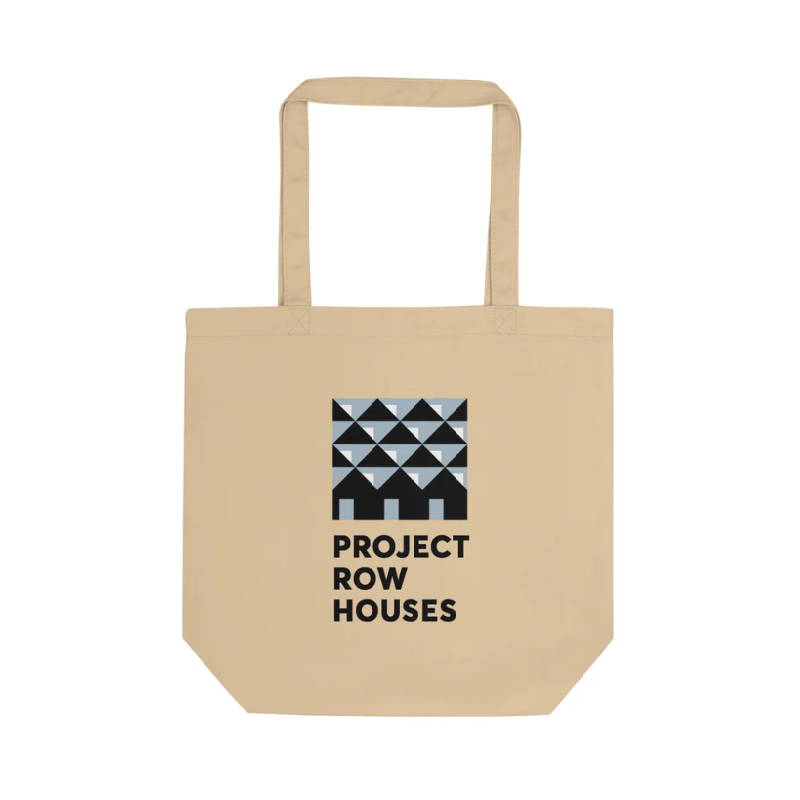“Maps aren’t static – boundaries change every year. Historic Third Ward 1944/2019″ – Libby
Houston’s Third Ward is suffering from both rapid gentrification and planning fatigue. Despite being under the jurisdiction of at least seven different neighborhood and city plans, there are three and four story townhouses being built on every other block that are all wildly unaffordable to the majority of Third Ward residents. The existence of a plan, without any ability to enforce or fund the initiatives that it details, is largely just a broken promise and people notice. Every time someone comes to a struggling community and claims that they can fix all of the problems, it gets people’s hopes up just to let them down when they inevitably fail to live up to the expectations that they have set. During a community meeting last weekend, residents talked about how worried they are about the construction around them and their concerns about the groups that are coming in proposing to help.
I’ve been thinking a lot about what it means to do ethical engagement in a community that has been under a microscope for years. It’s very easy to have good intentions and still be exploitative. It’s very easy to be an “askhole” where you demand input and engagement from people without offering anything in return.
Ethical engagement requires honesty. Honesty about what you can and cannot do. Honesty about what your goals are compared to what your community partners’ goals are. It takes an honest and active understanding of what power dynamics are at play. It takes being honest about what power you hold and exert over others, whether that power is perceived or real.
Ethical engagement requires persistence. Marginalized people who are treated more like a campaign stop than a community are exhausted. They have been poked and prodded and used as a resource to extract from rather than as intelligent human collaborators. Too often community engagement is a box to check off a list in service of a much larger project that offers no direct benefit to any of the community members. It is treated as a means to an end instead of an intentional and deliberate process.
I am so excited to have the opportunity to start working with Third Ward residents through the KGMCA-PRH Fellowship. I’m deeply passionate about connecting the stories and experiences of people to places and thinking about how spatial conditions and policies often compressed experiences to the same few blocks for a wide variety of people. The physical environment impacts us all in different ways and to an extent that we don’t often unpack. The roads we drive down, the corners where we wait for the bus, the streets that we avoid (intentionally or not), all tell a story about our experience with space and place. For me mapping is an active exercise in layering our personal realities over the frameworks of the past. It’s an active confrontation of how the city is built versus how it is actually used and experienced. Community mappings are an exercise in uplifting the stories that are omitted from the larger narrative of a city. They are also an exercise in working with folks to reevaluate the influence that the built environment has on them and how they might have more of an influence on the built environment in return. Community mappings are an act of reclaiming ones agency over a neighborhood that is changing around them. I’m excited to start working with residents on mapping the Third Ward.



